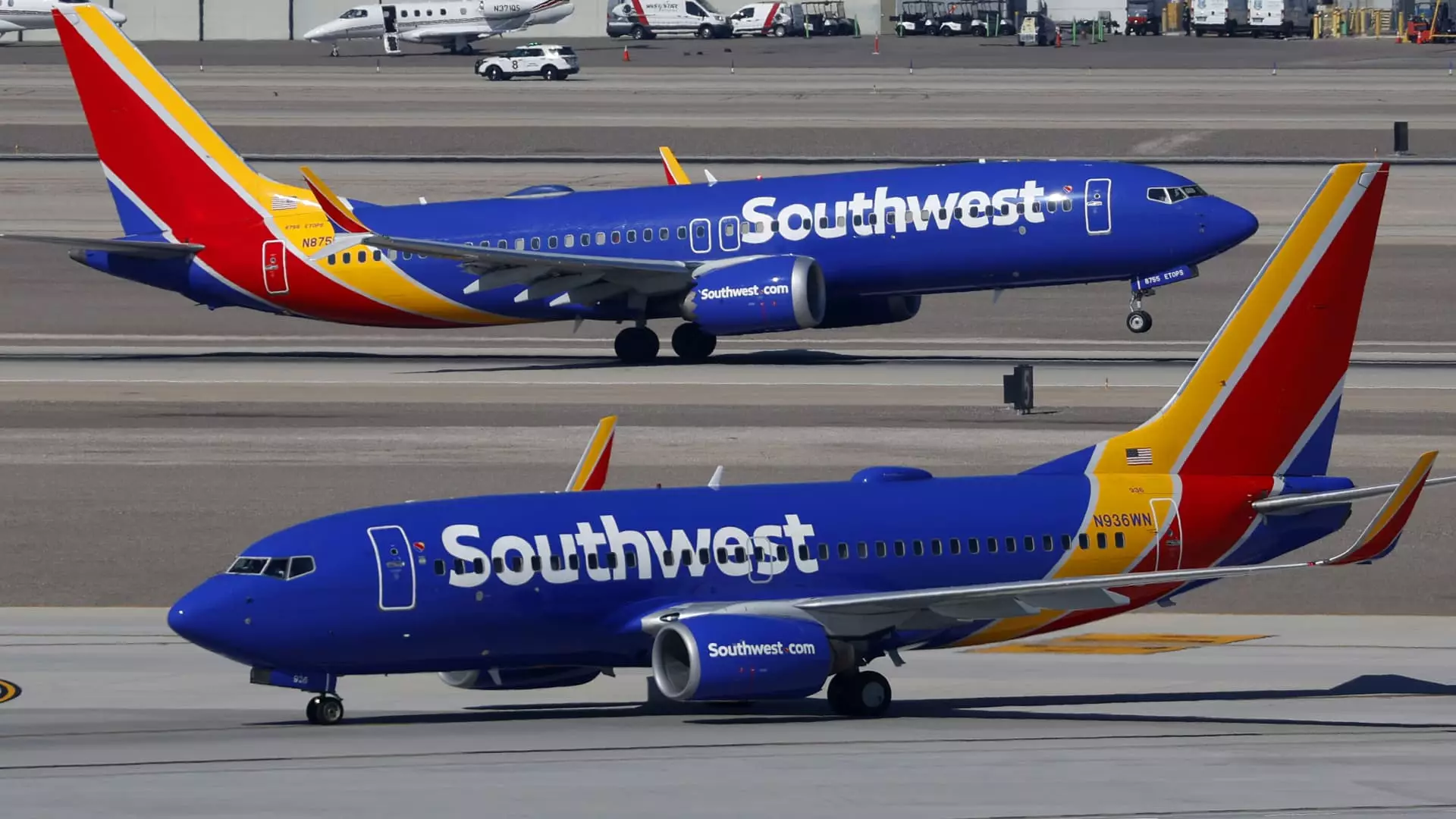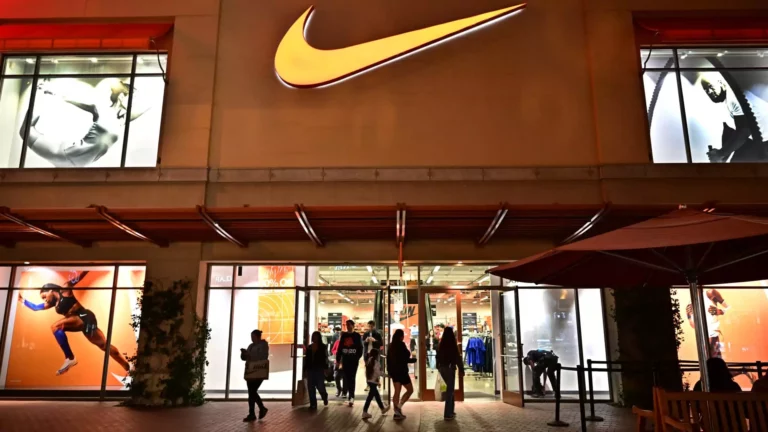Southwest Airlines’ Bold Shift: The End of an Iconic Era and Its Questionable Future

For over half a century, Southwest Airlines stood as a symbol of consumer-friendly aviation, fiercely guarding its open seating policy that allowed passengers the freedom to line up early, choose their seats spontaneously, and foster a sense of egalitarian camaraderie aboard its planes. This policy, once a defining feature, has now been dismantled in favor of a more traditional, hierarchical boarding system. Such a radical shift signals Southwest’s willingness to abandon a core part of its identity—an act that may alienate its most loyal customers and undermine its brand philosophy. While the airline claims this move aims to optimize efficiency and generate new revenue, it risks eroding the very culture that differentiated Southwest from its competitors.
From Innovation to Imitation: The Cost of Following the Pack
What’s striking about Southwest’s decision is that it appears to be a misguided attempt to emulate rivals—moving away from its unique selling proposition toward a more conventional model that prioritizes seat assignments and premium fare upselling. Airlines like Delta, American, and United have long utilized assigned seating and ancillary fees to lock in higher revenues; Southwest’s departure from open seating seems more reactive than strategic. Historically, Southwest’s free checked bags and open seating policies appealed to budget-conscious travelers tired of extra fees and rigid boarding structures elsewhere. Now, by removing that rebellion against industry norms, Southwest risks losing its competitive edge, reducing its appeal to a niche market that valued spontaneity and simplicity.
The Financial Rationale: Short-term Gains vs Long-term Brand Damage
Southwest claims that this transformation is an essential part of a broader financial strategy aimed at boosting earnings—projected to add hundreds of millions of dollars in the coming years. The airline is clearly looking to capitalize on ancillary fees through assigned seats, priority boarding, and potentially increased upcharges for preferred options. Yet, this approach seems shortsighted; chasing immediate revenue could backfire if customers perceive the airline as losing its consumer-first ethos. Loyalty programs and free baggage were staples of the Southwest experience; their removal may cause loyal travelers to seek alternatives that better align with their expectations of fairness and openness.
The Impact on Customer Experience and Loyalty
While Southwest’s management emphasizes efficiency and increased profitability, the real casualty may be customer satisfaction. The thrill of securing good seats by early arrival, the egalitarian rush to find a preferred spot, and the sense of participation in a unique flying culture are difficult to replicate once the system shifts toward assigned seating based on status and fare classes. This could create a more rigid, less personable atmosphere—an outcome that contradicts Southwest’s previous emphasis on customer care. Loyal frequent flyers, who have long appreciated the airline’s approachable image, might feel disenfranchised, viewing the new boarding process as an abandonment of their expectations.
The Bigger Picture: Is Southwest Losing Its Soul?
This strategic overhaul raises broader questions about what Southwest Airlines aspires to be. Is the airline content to fade into the background of a highly competitive industry that prizes premium revenues and standardized experiences? The move to assign seats and tiered boarding feels like capitulation to pressure from industry giants and a reflection of a broader trend—airlines prioritizing profit over personality. If that is the trajectory, it marks a troubling decline of what once was an airline that dared to buck the industry norms. For a company that built its reputation on simple, customer-centric policies, this transformation appears as a capitulation—an acknowledgment that profitability now outweighs the culture that made Southwest special. Whether such a gamble will pay off in the long run remains uncertain, but for the soul of the airline, it may be a price too high to pay.





